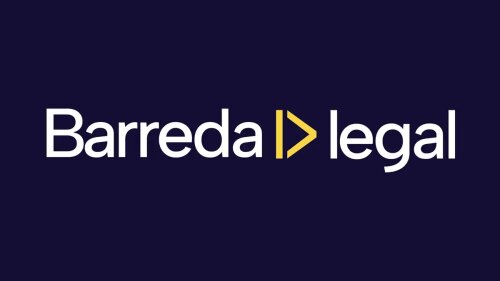Best Class Action Lawyers in Chile
Share your needs with us, get contacted by law firms.
Free. Takes 2 min.
Or refine your search by selecting a city:
List of the best lawyers in Chile
About Class Action Law in Chile:
Class Action in Chile allows a group of people with similar claims to sue together in one lawsuit. This legal mechanism provides individuals with the opportunity to seek redress for common grievances more efficiently and cost-effectively than pursuing individual claims.
Why You May Need a Lawyer:
You may need a lawyer in a Class Action lawsuit to ensure your rights are protected and to navigate the complex legal procedures involved. A lawyer with experience in Class Action law can help you understand your options, assess the strength of your case, and represent your interests effectively in court.
Local Laws Overview:
In Chile, Class Action lawsuits are governed by the Consumer Protection Law, which allows consumers to join together and sue companies for harmful practices or faulty products. The law requires a minimum number of affected individuals for a Class Action to proceed, and the court must certify the case as a Class Action before it can proceed.
Frequently Asked Questions:
1. How many people are required to file a Class Action in Chile?
At least 50 individuals are required to file a Class Action in Chile.
2. Can I join a Class Action lawsuit as an individual?
No, Class Action lawsuits in Chile must be filed by a group of individuals with similar claims.
3. What types of claims can be brought in a Class Action in Chile?
Claims related to consumer rights, environmental issues, antitrust violations, and other collective harms can be brought in a Class Action in Chile.
4. How long does a Class Action lawsuit typically take in Chile?
Class Action lawsuits in Chile can take several years to resolve due to the complexity of the legal process and the number of parties involved.
5. Can I opt out of a Class Action in Chile?
No, once a Class Action is certified by the court in Chile, individuals are automatically included in the lawsuit unless they choose to opt out within a specified period.
6. Can I recover damages in a Class Action lawsuit in Chile?
Yes, if the Class Action is successful, individuals may be entitled to compensation for damages, refunds, or other forms of relief.
7. How much will it cost me to participate in a Class Action in Chile?
There are no upfront costs to participate in a Class Action in Chile, as lawyers typically work on a contingency fee basis, meaning they only get paid if the lawsuit is successful.
8. Can I appeal a decision in a Class Action lawsuit in Chile?
Yes, parties can appeal the court's decision in a Class Action lawsuit in Chile if they believe legal errors were made or if the judgment is unjust.
9. Are settlements common in Class Action lawsuits in Chile?
Settlements are common in Class Action lawsuits in Chile, as they allow parties to resolve the dispute without going to trial.
10. How can I find out if there is a Class Action lawsuit that I can join in Chile?
You can check with consumer rights organizations, legal aid clinics, or contact a lawyer specializing in Class Action law in Chile to find out if there are any ongoing lawsuits that you may be eligible to join.
Additional Resources:
For more information on Class Action law in Chile, you can visit the National Consumer Service (SERNAC) website or contact the Chilean Bar Association for a list of qualified lawyers in this field.
Next Steps:
If you believe you have a claim that may qualify for a Class Action lawsuit in Chile, it is important to seek legal advice as soon as possible. Contact a lawyer with experience in Class Action law to discuss your options and evaluate the strength of your case.
Lawzana helps you find the best lawyers and law firms in Chile through a curated and pre-screened list of qualified legal professionals. Our platform offers rankings and detailed profiles of attorneys and law firms, allowing you to compare based on practice areas, including Class Action, experience, and client feedback.
Each profile includes a description of the firm's areas of practice, client reviews, team members and partners, year of establishment, spoken languages, office locations, contact information, social media presence, and any published articles or resources. Most firms on our platform speak English and are experienced in both local and international legal matters.
Get a quote from top-rated law firms in Chile — quickly, securely, and without unnecessary hassle.
Disclaimer:
The information provided on this page is for general informational purposes only and does not constitute legal advice. While we strive to ensure the accuracy and relevance of the content, legal information may change over time, and interpretations of the law can vary. You should always consult with a qualified legal professional for advice specific to your situation.
We disclaim all liability for actions taken or not taken based on the content of this page. If you believe any information is incorrect or outdated, please contact us, and we will review and update it where appropriate.
Browse class action law firms by city in Chile
Refine your search by selecting a city.















